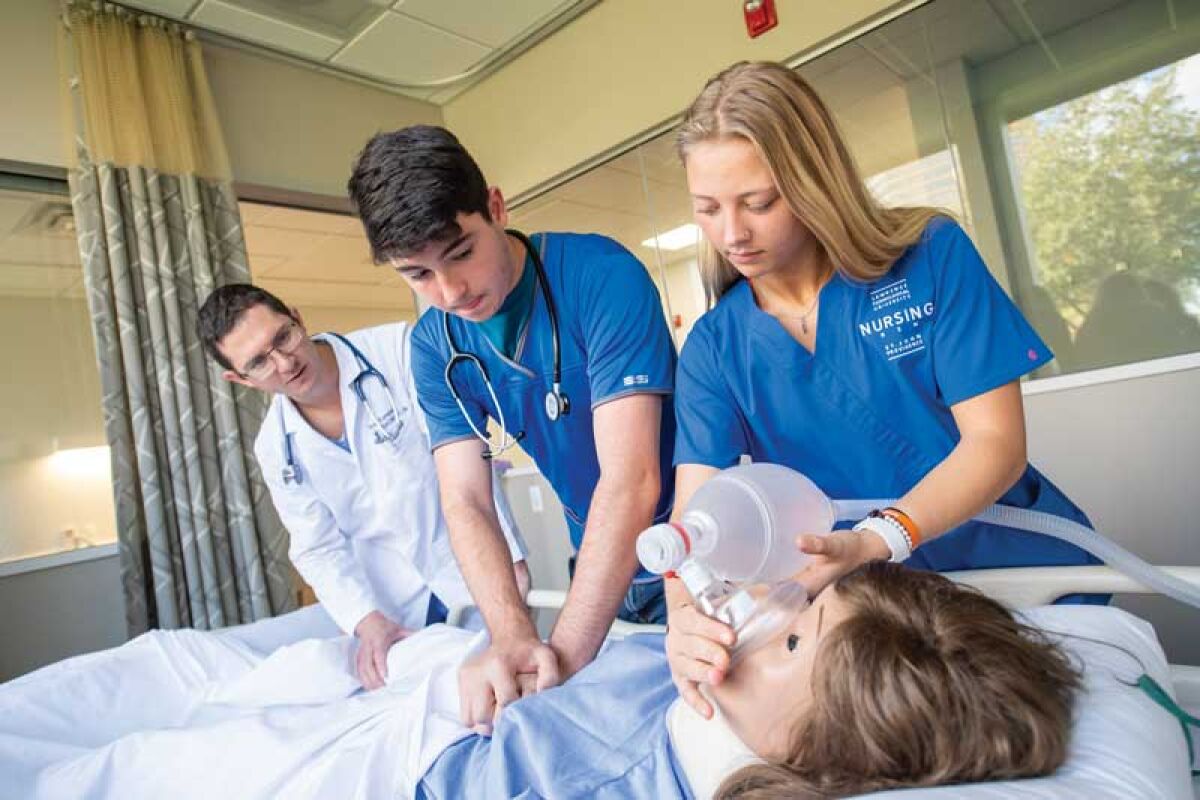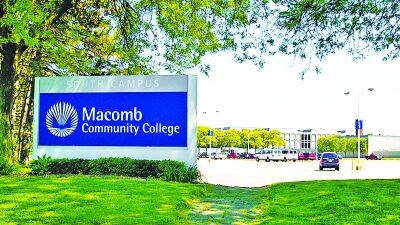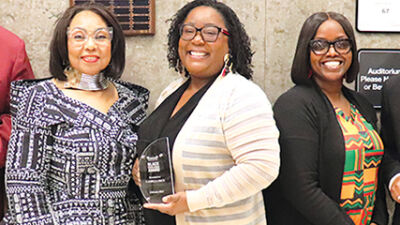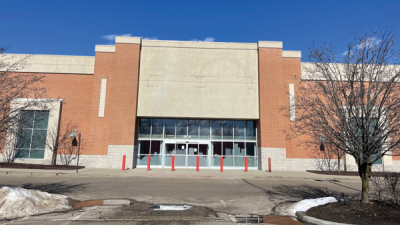SOUTHFIELD — On Aug. 5, Lawrence Technological University announced its new Healthcare Violence Reduction Center.
Stacey Frankovich, the director of the center, explained the need.
“Some of the data that was provided was that 57 nurses are attacked every day, so two per hour in the U.S.; 40% of health care workers experienced violence in the last two years, and health care and social service workers have been five times more likely to suffer from workplace violence than workers overall. That number comes from the U.S. Bureau of Labor and Statistics. Then we have from the American College of Emergency Room Physicians, 85% of emergency room physicians say that workplace violence has increased over the last five years. … So those are some of the stats that I kind of inherited.”
Frankovich added she came on as the director in April, and since then, the research that she’s seen only emphasizes the need for this type of center.
“Coming in and doing some of my own research, there was a U of M study that was released in 2023 where they surveyed a little over 9,100 Michigan licensed nurses, and 84% of them said that they are emotionally exhausted. Then 43% of them reported emotional abuse, 22% report physical abuse, 10% report sexual abuse and 26% reported workplace bullying, but however, the survey shows, and this number has been repeated in other publications, that only 20%-60% of nurses are actually reporting, and we actually hear this right from the hospitals, from the administration, that reporting is a huge, huge problem. And there’s a lot of reasons behind why that’s a problem. There’s a lot of barriers to that.”
Frankovich said that one of the biggest barriers is the commonly held belief among nurses that this kind of conduct between patients and health care providers is just part of the job.
She said, “We hear this over and over and over again, that nurses just think it’s part of the job. That is just so sad that this is just routine. It’s part of the job. Getting hit, verbally assaulted, threatened, scratched, kicked, but these things are, ‘It just goes with being a nurse.’ And that is sad, startling and disturbing. That just shouldn’t be part of anybody’s job, ever. So that’s a big part of it, but there is a lack of awareness of the reporting systems. There’s also this idea that, ‘yeah, I can report it, but nothing will be done about it.’ So there’s kind of a sense of apathy around that, I guess, of nothing will change.”
She said the Healthcare Violence Reduction Center will serve health care providers with innovative, research-based solutions aimed at reducing workplace violence and ensuring the safety and wellbeing of staff and patients alike. The center will be housed within LTU’s College of Health Sciences, but it will offer the flexibility to meet just about anywhere in the state. She added that the center will have three pillars: research projects, recommendations and general services. The center’s membership will be heavily based on research and will propose study topics to be conducted by LTU faculty, who specialize in modeling, simulation, health education, biotechnology, health care management, robotics, cybersecurity and cognitive psychology.
Eric Meyer, an associate professor of biomedical engineering and the director of LTU’s biometrics lab, and Brittany Murphy, an assistant professor in LTU’s Master of Science in physician assistant studies program, will help lead the LTU faculty at the center.
“The healthcare field has seen a drastic increase in violence,” Murphy stated in a press release. “As a physician assistant with 11 years of experience, I have unfortunately witnessed healthcare violence firsthand in the workplace. I am grateful for the opportunity to create a safer work environment and support my colleagues in healthcare. The center will collaborate with healthcare organizations to identify the most critical areas of safety weakness for healthcare providers. It will conduct research and develop innovative technologies to create safer work environments for healthcare providers.”
The center received $70,000 from the Community Foundation of Southeast Michigan, a nonprofit dedicated to “supporting and enhancing the quality of life in Southeast Michigan.” It also received $125,000 from the Michigan Health and Hospital Association Keystone Center, a nonprofit founded in 2003 to provide hospitals with educational opportunities with evidence-based practices to improve patient safety and quality, and to reduce health care costs and harm.
Sarah Scranton, the executive director of the MHA Keystone Center, said, “This is a true partnership, and we’re very excited about it because protecting our health care workers is a top priority for hospitals, for the Michigan Health and Hospital Association, and for the MHA Keystone Center. So, our plan is to collect the data that we get from hospitals. The MHA Keystone Center has collected data for a number of years, and really, it serves as our North Star and our efforts to help improve patient safety and quality. So this partnership is a really great fit for us because we can bring the issues that are facing our hospitals, we can collaborate on the data front, and find real solutions that will help in this area.”
For more information on LTU’s Healthcare Violence Reduction Center, visit www.ltu.edu/health-sciences/hvrc.
To learn more about the MHA Keystone Center, visit www.mha.org/MHA-Keystone-Center-Patient-Safety-Organization/About-the-MHA-Keystone-Center.
To learn more about the Community Foundation of Southeast Michigan, visit www.cfsem.org.
 Publication select ▼
Publication select ▼























